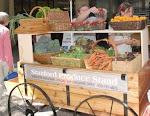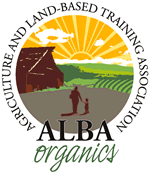Cauliflower traces its ancestry to the wild cabbage, a plant thought to have originated in ancient Asia Minor, which resembled kale or collards more than the vegetable that we now know it to be. The cauliflower went through many transformations and reappeared in the Mediterranean region, where it has been an important vegetable in Turkey and Italy since at least 600 B.C
Cauliflower and other cruciferous vegetables, such as broccoli, cabbage or kale, contain compounds that may help prevent cancer. These compounds appear to stop enzymes from activating cancer-causing agents in the body, and they increase the activity of enzymes that disable and eliminate carcinogens. Cauliflower is also very low in Saturated Fat and Cholesterol, and is a good source of Protein, Thiamin, Riboflavin, Niacin, Magnesium and Phosphorus, Dietary Fiber, Vitamin C, Vitamin K, Vitamin B6, Folate, Pantothenic Acid, Potassium and Manganese.
Store uncooked cauliflower in a paper or plastic bag in the refrigerator where it will keep for up to a week. To prevent moisture from developing in the floret clusters, store it with the stem side down.
(for more information visit http://www.whfoods.com)




No comments:
Post a Comment